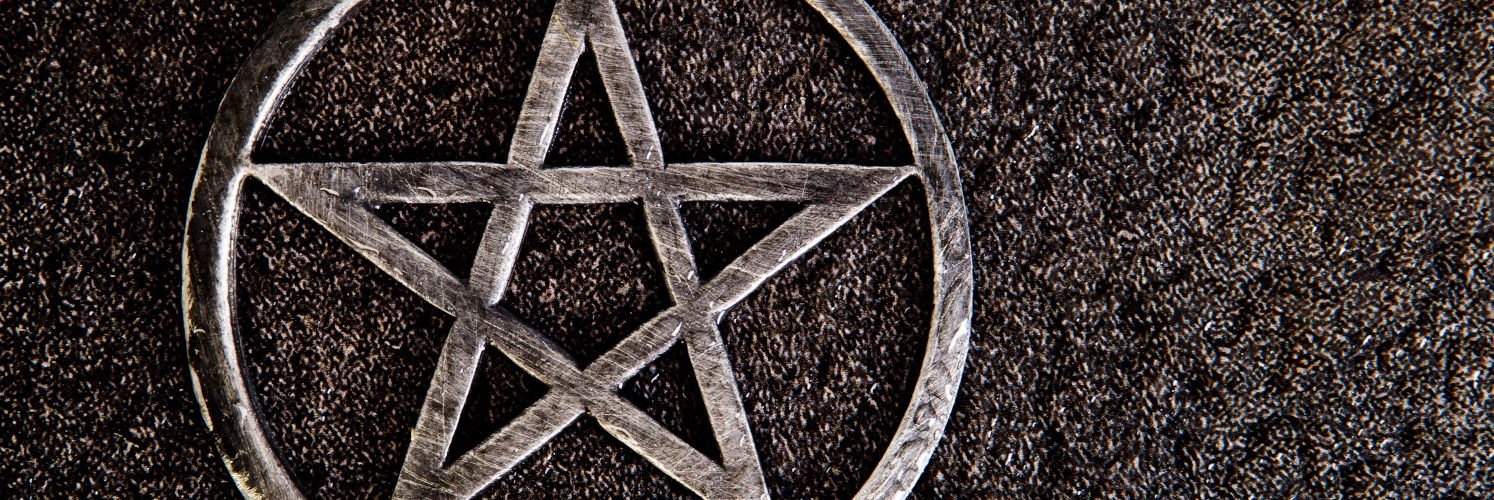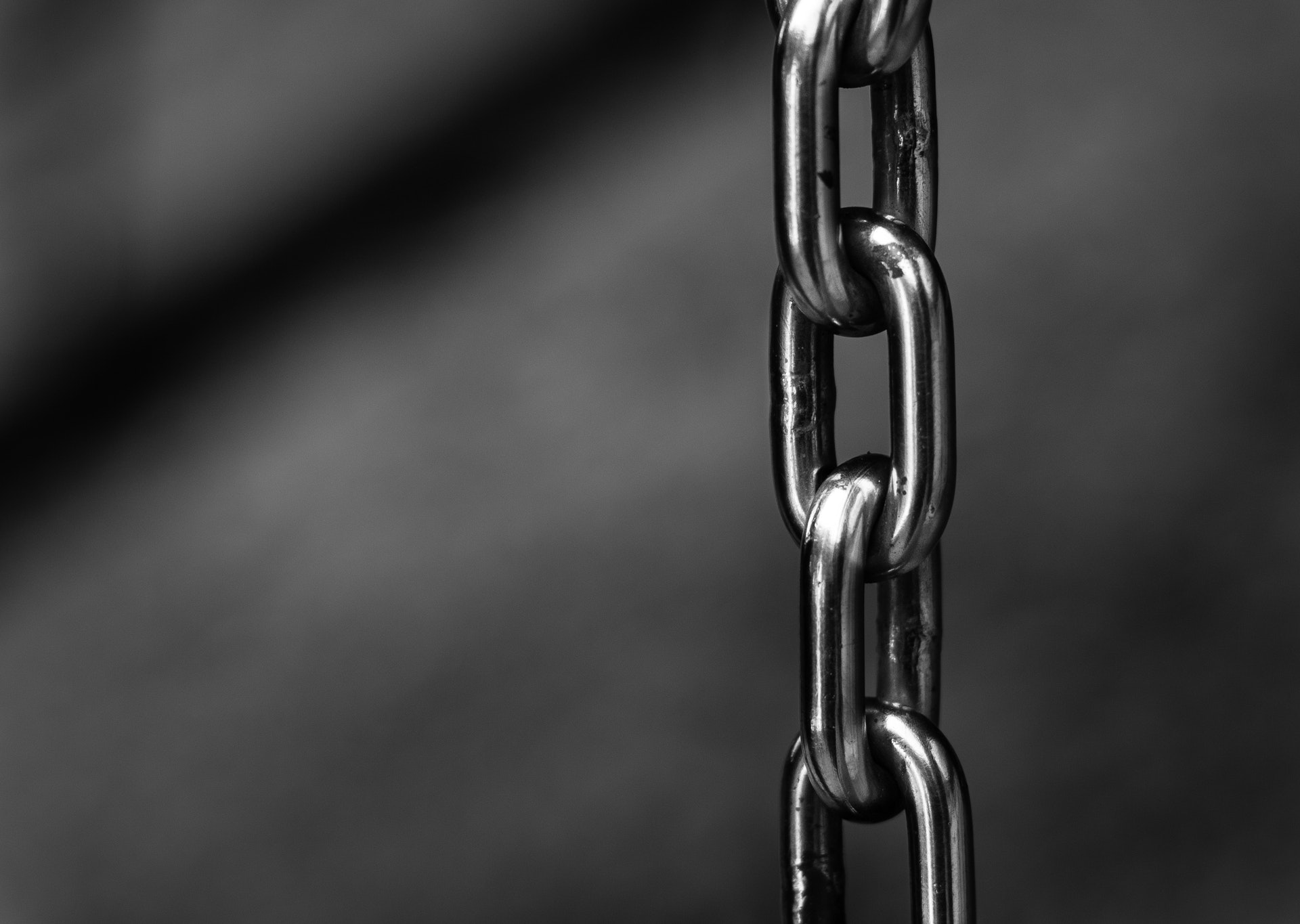A witch is only as good as their word. It’s a lesson I try to teach each of my students. Maintaining good boundaries is an important exercise in living — not just living magickally, but living in general. So are being reliable and appropriately committed. As people, witchy people and just people, we are judged by our behaviors and actions, not by our thoughts or our feelings. Each of us should consider how we behave when it comes to making and keeping promises and other sorts of commitments to ourselves and others.
While I have certain opinions about The Four Agreements, I can agree with the notion that one should be impeccable with their word. Say yes if you mean it and can reasonably expect to be able to follow through with all that saying yes means. Say no if you mean it or if you can’t be sure you can back up your word with action. No is a powerful magick, and it’s a complete sentence. You are not required to explain yourself when you say no. And don’t forget maybe. Maybe is a perfectly valid answer. It gives you time and space to consider whether you can commit to yes or need to say no. Just remember to promptly follow up on a maybe with a definite answer.
So what’s all this got to do with oaths? Well, considering what oaths really are, quite a bit.
What Oaths Are
Popularly, oaths are seen as really ceremonious promises. We are “under oath” to tell the truth when we testify in court, for example. We are “oathbound” to act in a certain way with respect to certain knowledge once we are Initiates. Many spouses across many different world religions give oaths of fidelity to one another at marriage rituals. So there is the idea of both promise and ceremony bound up in the concept of an oath.
But an oath is more than your word with a bunch of pomp and circumstance. An oath spiritually binds you to do or not do certain things under certain circumstances, and you can only be released from an oath under certain conditions. The effects of an oath may be generational, passing from parent to child or from teacher to student, or it may be something that an individual carries with them from lifetime to lifetime.
Free will plays a huge role in both giving and acting under an oath. If you’ve committed to do or not do certain things, it’s highly unlikely that the sky will open up and a thunderbolt strike you dead for acting counter to that. But the consequences will still be severe. You may lose the spiritual protection or guidance of ancestors, familiars, and deities. Your magickal abilities may fall flat or backfire. You may be prevented from making oaths that conflict with a previous oath. Or there may be specific consequences unique to the oath you’ve made that go into effect. But the difference between an oath and other types of magickal bindings (like a geas, for example) is that an oath can only be made by one’s own free will. Others cannot make oaths on your behalf, and you cannot make oaths on behalf of others. Your readiness is not considered in the creation of the oath. It is the action of swearing the oath, ready or not, before whatever spirit being you call to witness and empower the oath, that binds you to its terms.
Oaths are not fair-weather promises, either. They can be dangerous. They can be difficult to uphold. But the discipline of upholding one’s oaths can be satisfying as well as fortifying. There is a certain spiritual power that comes from acting according to your oath even under trying circumstances — not power as in ‘woo, look at me, I’m special and important’ but rather the quiet, subtle change in your aura that comes from the blessing of the gods, the spirits, and the ancestors and that is detectable by others who have gone through similar experiences. This is one way how Initiates know other Initiates even without being told that they’ve been initiated into the Craft: both parties have made similar oaths to the Divine and been spiritually marked by it.
Ready or Not
In my tradition, every effort is made to make sure that a dedicant is prepared for the oath taken at initiation. But oaths can also be made outside of that context. My own first oath was made when I was sixteen, during my self-dedication as a solitary and book-trained Wiccan. I called to Ceridwen because her status as a goddess of magick and transformation appealed to me. I asked to be made her priestess. She asked if I knew what that entailed. And I told her that no, I did not, but I was willing to do whatever it took to serve her. And her reply? ‘So be it.’ The oath was made. I firmly believe that it was that oath which set me down the path to find my first teacher, Marcia Young, and, after she died, my spiritual mother, Susan Stoddard. Without them, I would not have learned the things I have learned.
But was I ready? Not really. I didn’t realize the sacrifices that I would make. And there were sacrifices — painful ones. But they have made me grow into the priestess I am, and because of that, I don’t mind having made them. But it gave me the hard experience to know that the next time I made promises in circle I should ask what the promise entails.
So how do you know when you’re ready to make an oath? When you know what the oath means. When you know how it will affect your life. When you are comfortable with the idea of sacrifice. When you are willing to do the service necessary to fulfill the oath. When the thought fills you with more certainty than fear.
Do you have to make oaths in order to be Wiccan? Traditionally, yes. There are oaths to the Gods that are made at each initiation, and those oaths are easily available for review through Google. But with more Wiccans being book-trained (or internet-trained) rather than coven-trained, it’s really up to the discretion of the person considering making the oath. What works for one person might not work for another, and in the end, each person’s spiritual path is unique to them.
Oaths and the Modern Witch
I’m very open about the initiatory oaths I’ve taken. I feel it’s important for my students to know what they’re getting into while they’re learning. My oaths are to harm none, to keep secret the ways of the Art, to serve the Gods, and to preserve the Craft. I’ve also made oaths to uphold the Ancestors and advance their legacy in the world, and to be of service to the deities to whom I am devoted. I hold each of those oaths close to my heart. They’ve defined my path as a priestess and witch. But the oaths I’ve made are not for everyone. And they do take effort to uphold. They’re not always fun or convenient. And that’s important information to have for anyone considering making an oath.
Oaths aren’t only for initiations, either. Oaths can be for handfastings or other ceremonies where parties wish to express a lasting commitment to themselves, another person, or the Gods. In Wicca, ‘till death do us part’ is only one option among many for handfastings. Some people commit to ‘so long as love shall last’ or ‘from this life to eternity’. Similarly, one might devote to a Deity for a lifetime or many lifetimes or just for a certain portion of this lifetime. One is not more glamorous than another, and it is all the same as far as keeping or breaking your oath.
It is at all times the responsibility of the person making the oath to keep the oath. If you’re not willing to be limited or inconvenienced by your oath, then you should consider whether or not you should make it in the first place. Oaths can be flexible to your needs, but only if those needs are made clear on the front end. Oaths are like contracts; once given, they are very difficult to modify, and the line between oathkeeping and oathbreaking can be unsuited to the person making the oath.
For me, knowing where that line is like a tap on the shoulder or an inner knowing that I’m getting close to a limit or treading on dangerous ground. For others, the terms might be more explicit or well-defined. But I’ve found that after a certain point, especially with initiatory oaths, you’re dealing with things that cannot be expessed in words. These are the Mysteries. And for things that can be expressed in words, the Secrets that scaffold the Mysteries, it’s highly subjective as to what is and isn’t oathbreaking.
As a teacher, I believe that it’s difficult to hit a target when you don’t know what it is that you’re looking for. But I also recognize that magick is not a safe practice, and it’s irresponsible and dangerous to give away the Secrets to those who dabble in or disrespect the Craft. At the same time, I accept that not everyone who is serious about their practice is an initiate (little i) of my tradition. When I come across someone like this, I rely heavily on what I sense in their aura and what their answers are to certain questions to determine if they are an Initiate (big I) of the Craft of the Wise. It’s a balancing act, and it’s one I admit I haven’t been perfect at managing, but I trust that when the time comes, the Gods will look kindly upon my attempts.

